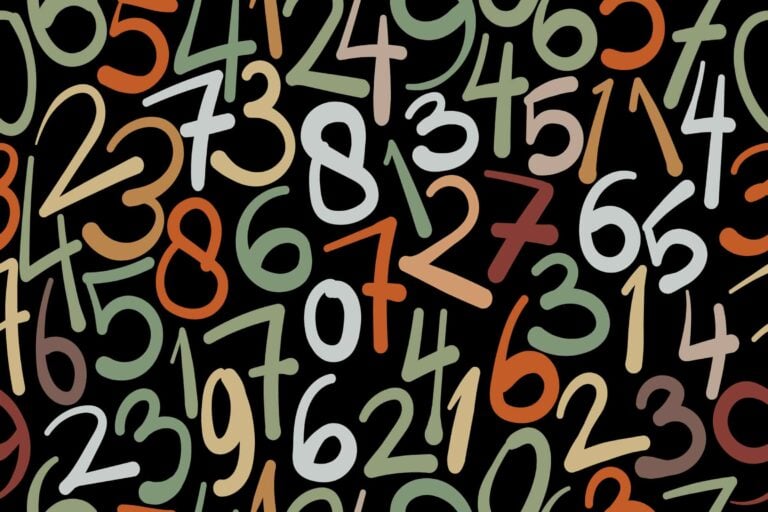Whether you’re an employer who is setting up payroll for the first time, or you’re an employee trying to understand what your payroll number is, this guide is for you. Read on for everything you need to know about payroll numbers in the UK.
What is a payroll number?
A payroll number is a unique identifier for an employee in the United Kingdom. It is used by employers to track employee payments and deductions. Employees are typically assigned a payroll number when they start working for a company.
Who assigns payroll numbers to employees?
Employers are responsible for assigning payroll numbers to their employees.
This can be done by creating a new column in an employee spreadsheet titled “Employee Number” and entering each employee’s unique ID number into this column.
A new sheet in the Excel file can then be titled “Payroll Numbers”, and a list of employee ID numbers or names and corresponding payroll numbers can be created. This will allow employers to easily track employee payouts and payments.
Now that you know how to assign payroll numbers to your employees, you can start tracking their payments and deductions more easily.
Does HMRC require an employer to assign payroll numbers?
No, HMRC does not require employers to assign payroll numbers to their employees. However, it is recommended that employers do so in order to track employee payments and deductions.
Where can a UK employee view their payroll number?
If an employee needs to find out their payroll number, they can ask their employer or check their payslip.
Employees can often also view their payroll number by logging into their employer’s online HR portal. The payroll number will usually be listed under the “Employee Details” or “Payroll” section of the portal.
How many digits should a payroll number be?
There is no standard length for a payroll number in the UK. However, it is recommended that employers use at least six digits to ensure that the number is unique.
Some employers may also choose to use their employee’s National Insurance number as their payroll number. This can help to make tracking payments and deductions even easier.
What does a payroll number look like?
There is no standard format for payroll numbers in the UK. However, it is recommended that employers use a system that is easy to understand and track. This could involve using employee ID numbers, names and corresponding payroll numbers, or creating a new column in an Excel spreadsheet titled “Employee Number”.
Does an employer have to submit payroll numbers to HMRC?
No, an employer is not required to submit payroll numbers to HMRC. However, it is recommended that employers keep a record of their employees’ payroll numbers in case they need to reference them at a later date.
What are the benefits of assigning payroll numbers to employees?
There are several benefits of assigning payroll numbers to employees, including:
- Tracking employee payments and deductions
- Making it easier to identify employees’ payslips
- Helping to ensure that employee data is accurate and up-to-date
- Allowing employers to run reports on employee payouts
- Reducing the likelihood of payroll errors
- Making it easier to comply with HMRC reporting requirements.
Payroll number examples
Here are a few examples of payroll numbers:
- 12345678
- JOHN SMITH
- 1234-5678
As you can see, there is no standard format for payroll numbers in the UK. Each company is free to use whatever number format they prefer.
Is employee number same as payroll number?
No, an employee number and a payroll number are not always the same. An employee number is typically assigned to employees when they start working for a company, while a payroll number is used to track employee payments and deductions. However, some employers may choose to use their employee’s national insurance number as their payroll number.
Conclusion
In this article, we have discussed what payroll numbers are and how they can be used by employers in the United Kingdom. We have also looked at the benefits of assigning payroll numbers to employees and provided a few examples of payroll numbers.
If you are an employer in the UK, it is recommended that you assign payroll numbers to your employees in order to track their payments and deductions more easily.

